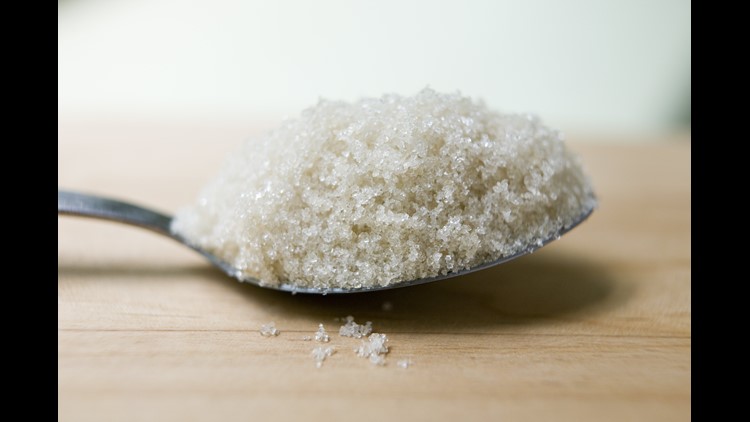HARTFORD — Zero calorie sweeteners are consumed by almost every American, in soft drinks, processed foods, sugar free gum and candy, mouthwashes, and sweetener packets. Over the past several years, these sweeteners have been shown to do more than satisfy our sweet tooth but also to impact both good and bad bacteria in our bodies.
There are two different kinds of zero calorie sweeteners, artificial sweeteners like aspartame, saccharine, and sucralose; and natural extract sweeteners like RebA, a component from the Stevia leaf. Let’s start with the effects on bad bacteria we know about. Not only do artificial sweeteners not have sugar which can promote tooth decay but have actually been shown to kill mouth bacteria that promote tooth decay. Stevia extract, which contains RebA and many other constituents, was found to kill Borrelia, the bacteria that causes Lyme disease as well as three standard antibiotics and in bacteria that have been allowed to create a protective biofilm, it actually worked better. It is unclear whether RebA alone (the sweetener used in soft drinks and most processed foods) will have this beneficial effect. These are in vitro studies which means that they need to be replicated in humans and the correct dosing worked out but they are very encouraging especially since they don’t work through traditional mechanisms that would be more prone to bacterial resistance.
Artificial sweeteners can change the mix of bacteria in the gut, called the microbiome, causing some bacteria to die off and others to fill that void and overgrow. Animal studies have shown that this shift in the gut microbiome can impair the ability of people to use sugar and raises the animal’s blood sugar concentrations even though it doesn’t have sugar or any calories at all. In humans who consume high amounts of artificial sweeteners, they also have higher blood sugar concentrations but the reason was not well understood and these animal studies suggest that the alteration of gut bacteria might explain why that is. RebA, the natural extract zero calorie sweetener does not seem to impact blood sugar concentrations but has been shown to kill of lactobacillus, a normal good bacteria in the gut that has been used to treat people with diarrhea. It is unclear if this will have an impact on people’s health though given the modest overall effects seen in a study.
Zero-calorie sweeteners are not just sweet tasting, they are complex molecules that seem to impact bacteria in different ways, some good and some bad. All the chemicals are generally regarded as safe but with more research, we can better understand the benefits and risks of these chemicals. If these sweeteners could be a new lead in the fight against antibacterial resistance, that would be amazing but if altering good bacteria can cause long term negative effects, they might be altered to maximize benefits and minimize risks.
– Dr. Michael White from the UConn School of Pharmacy



